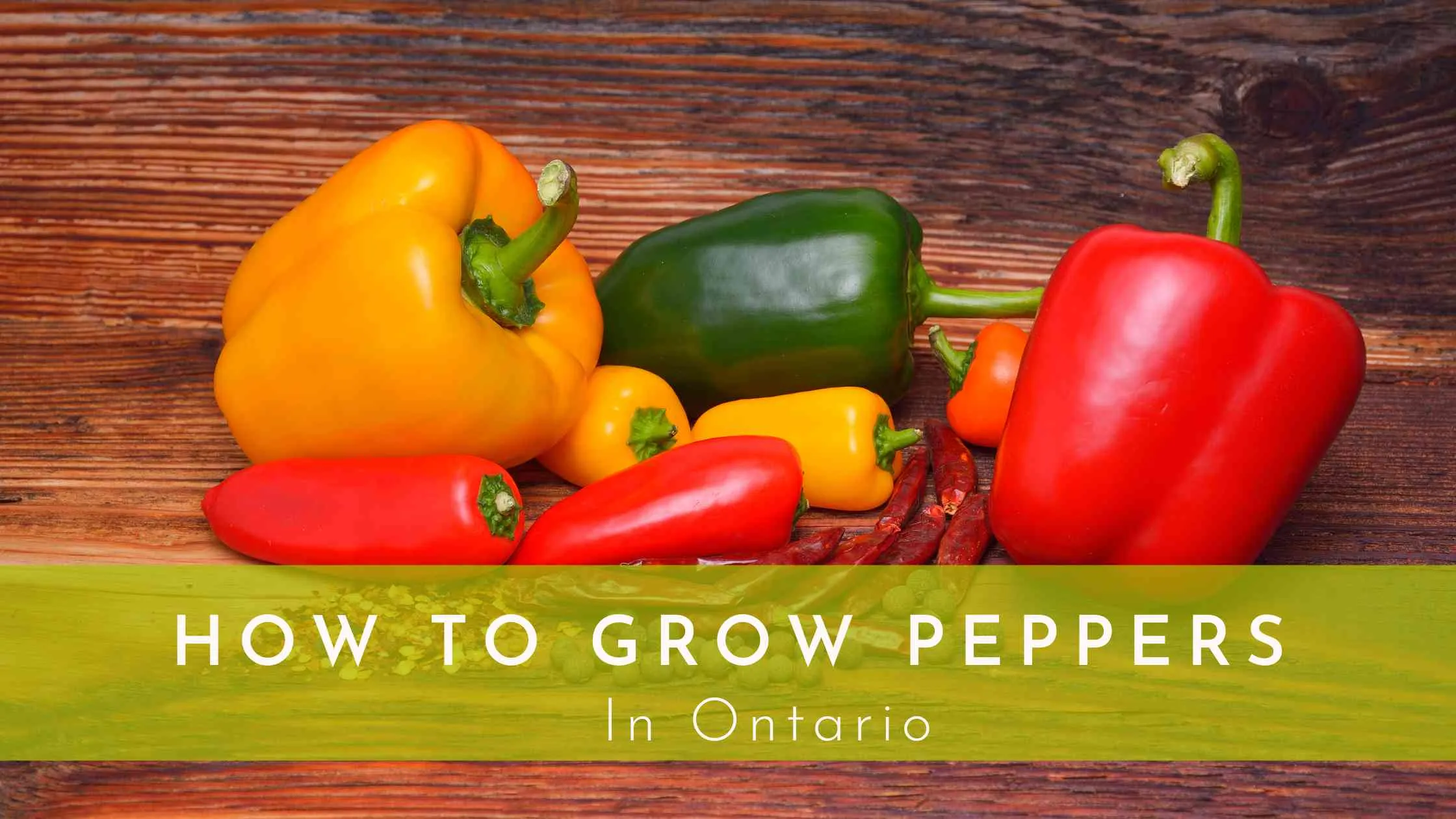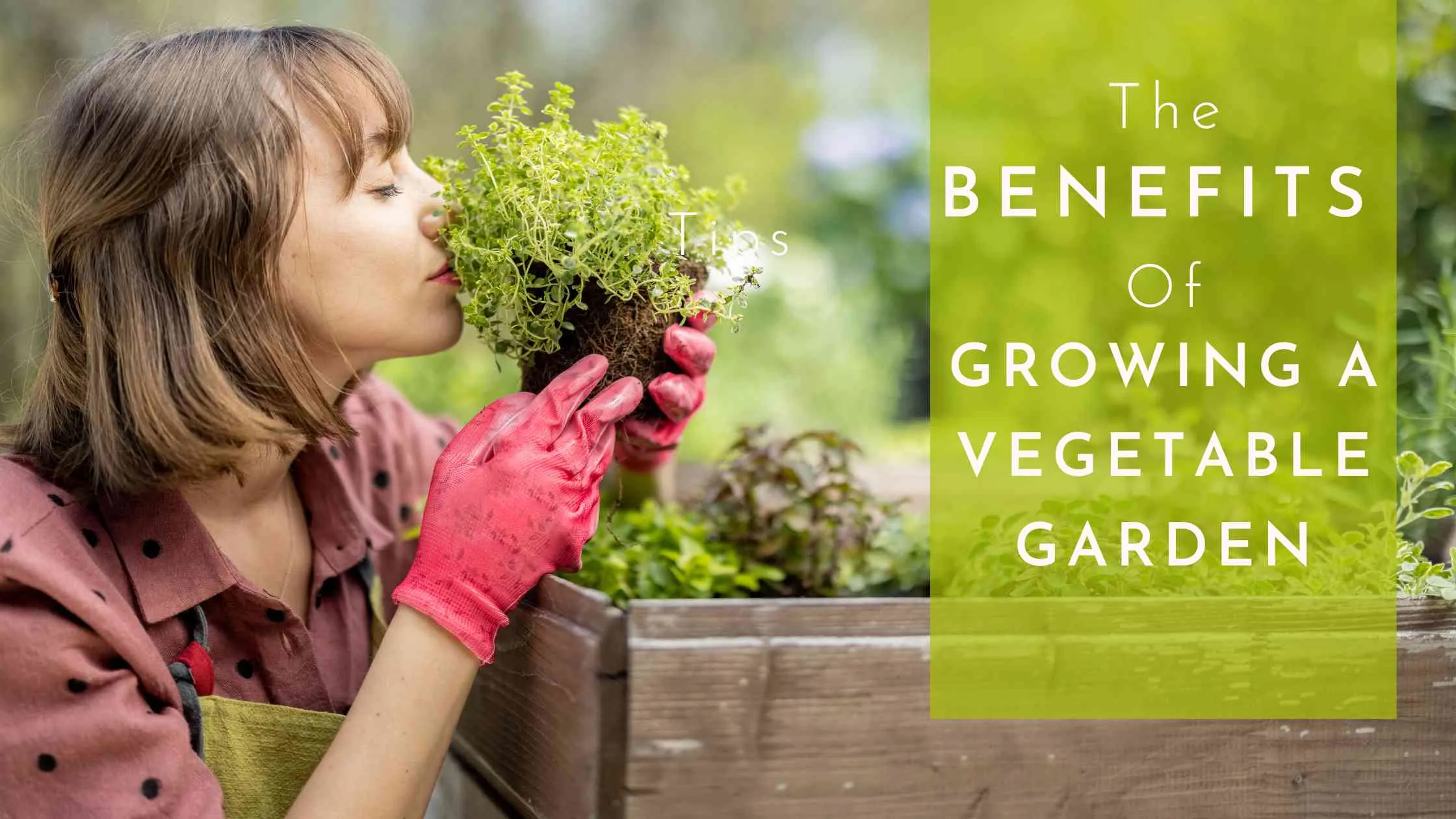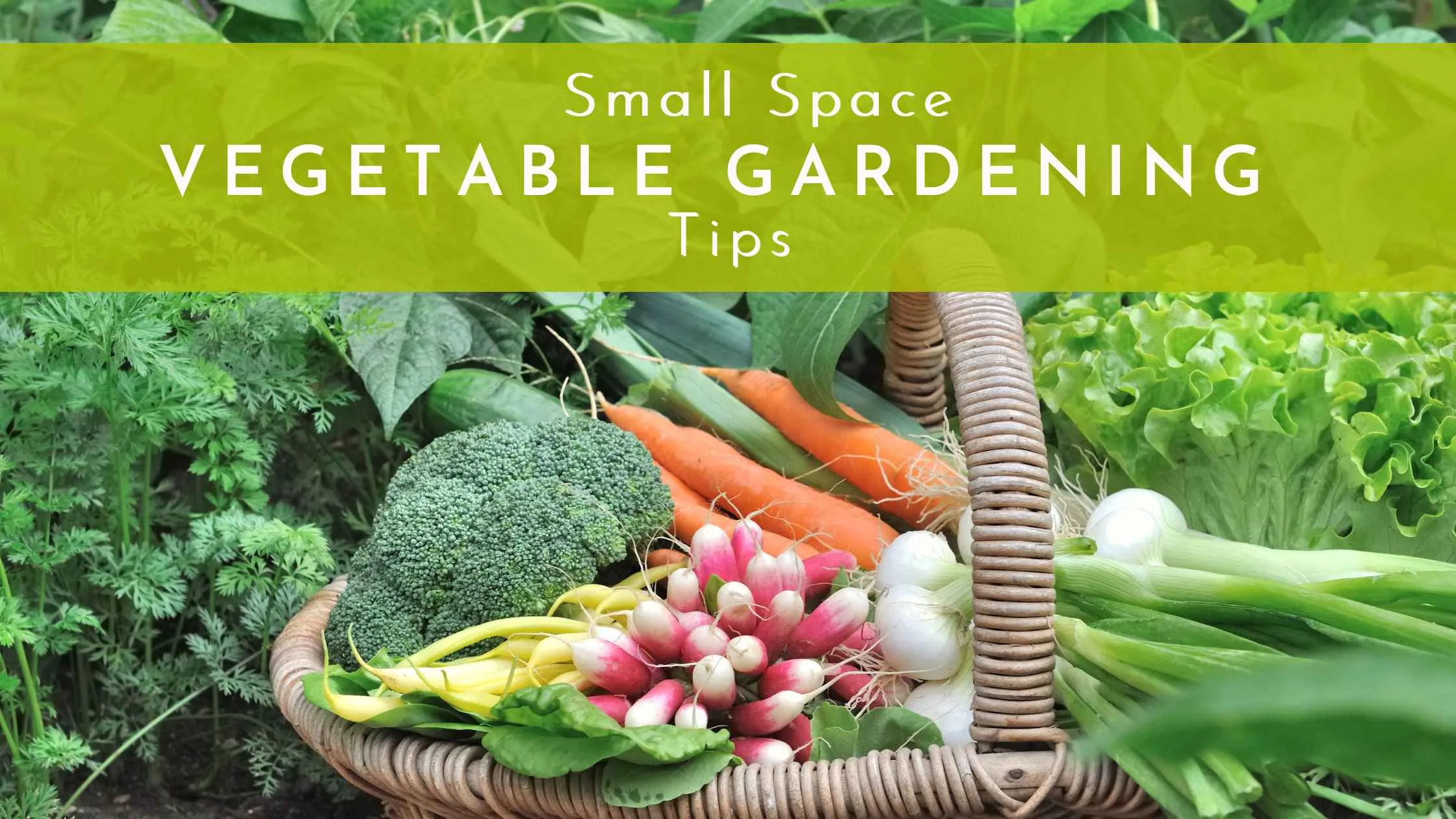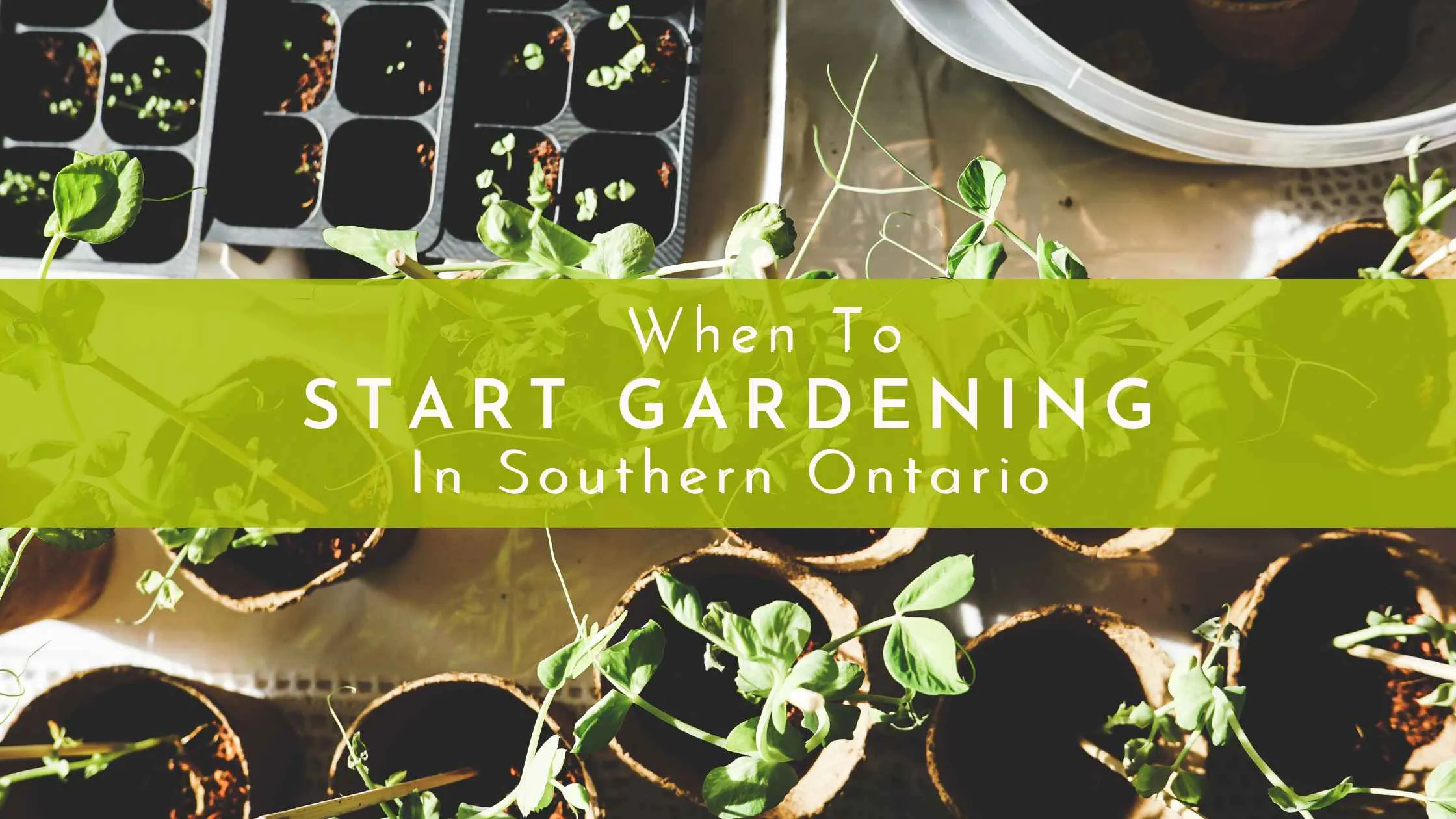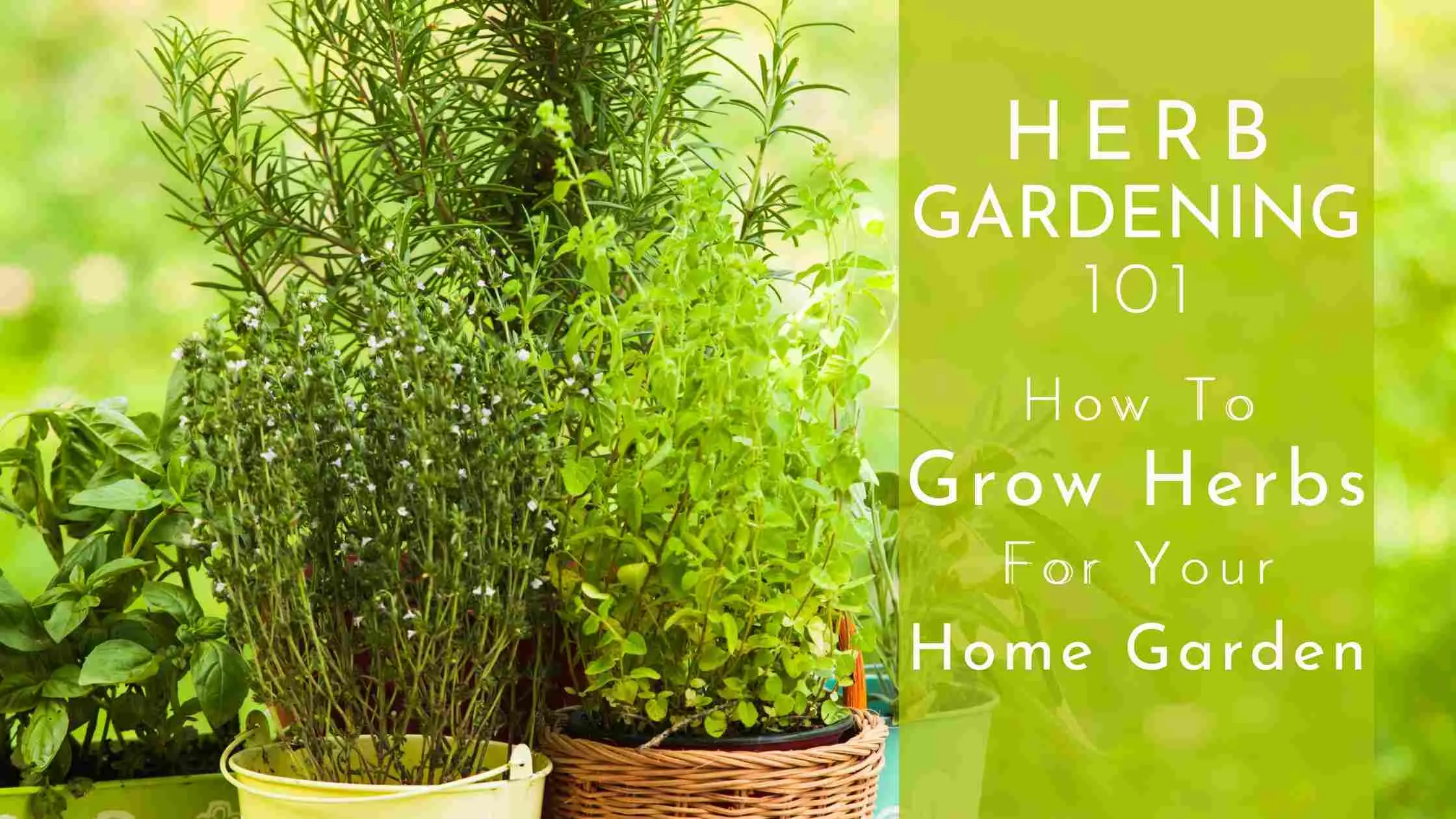Edible Native Plants And Flowers That Are Also Pollinator-Friendly
Southern Ontario is home to a diverse array of edible native plants that support local pollinators. By choosing to plant these in your garden, you are actively contributing to the health and balance of our local ecosystem.
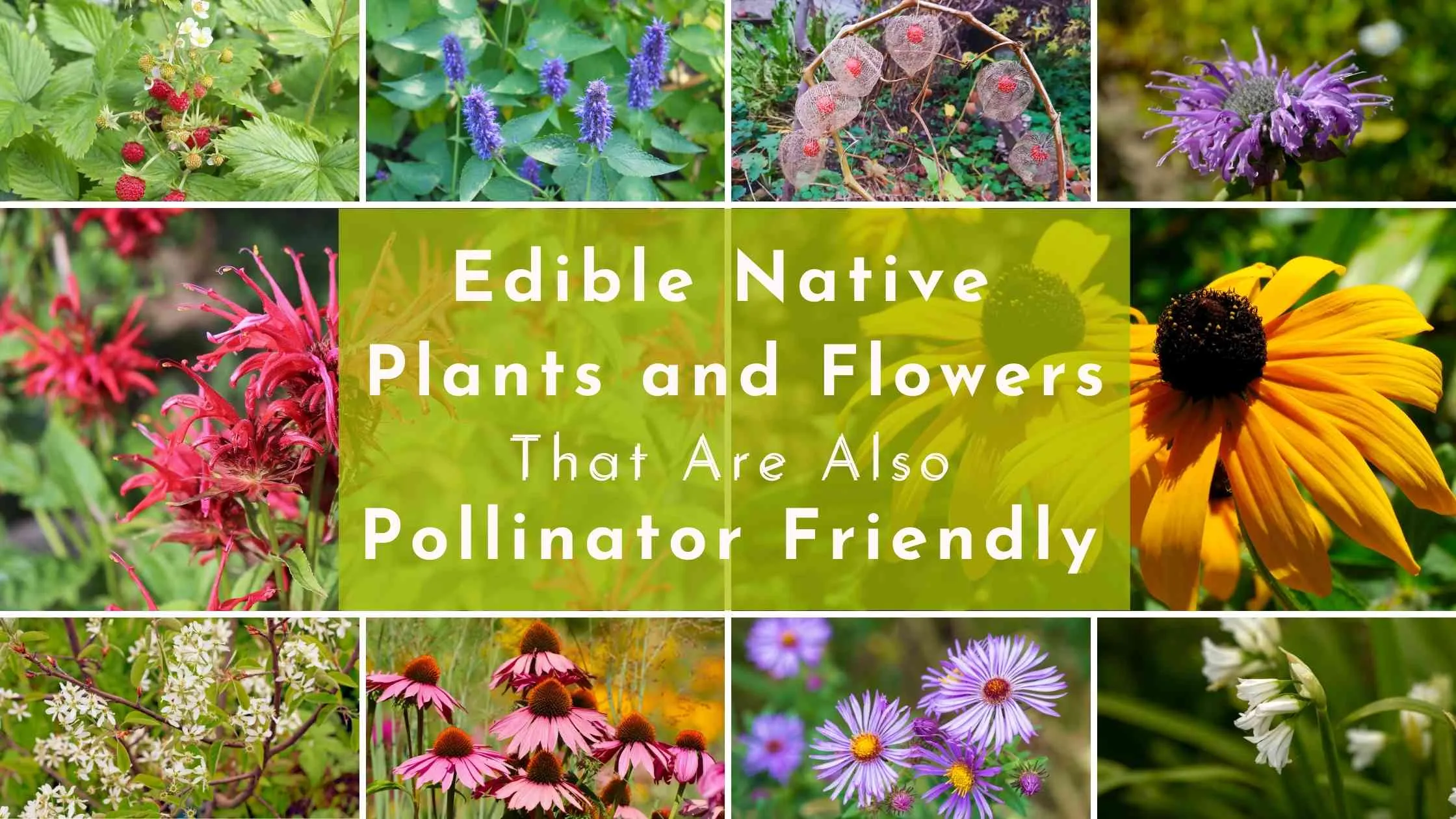
Below, we delve into several wonderful options for your garden, highlighting their benefits, care tips, and contributions to the ecosystem.
Wild Bergamot (Monarda fistulosa)
Benefits:
Wild Bergamot is a delightful addition to any garden, offering both edible and ecological benefits. The leaves and flowers can be used in teas and salads, providing a unique, aromatic flavor that will surely pique your culinary curiosity.
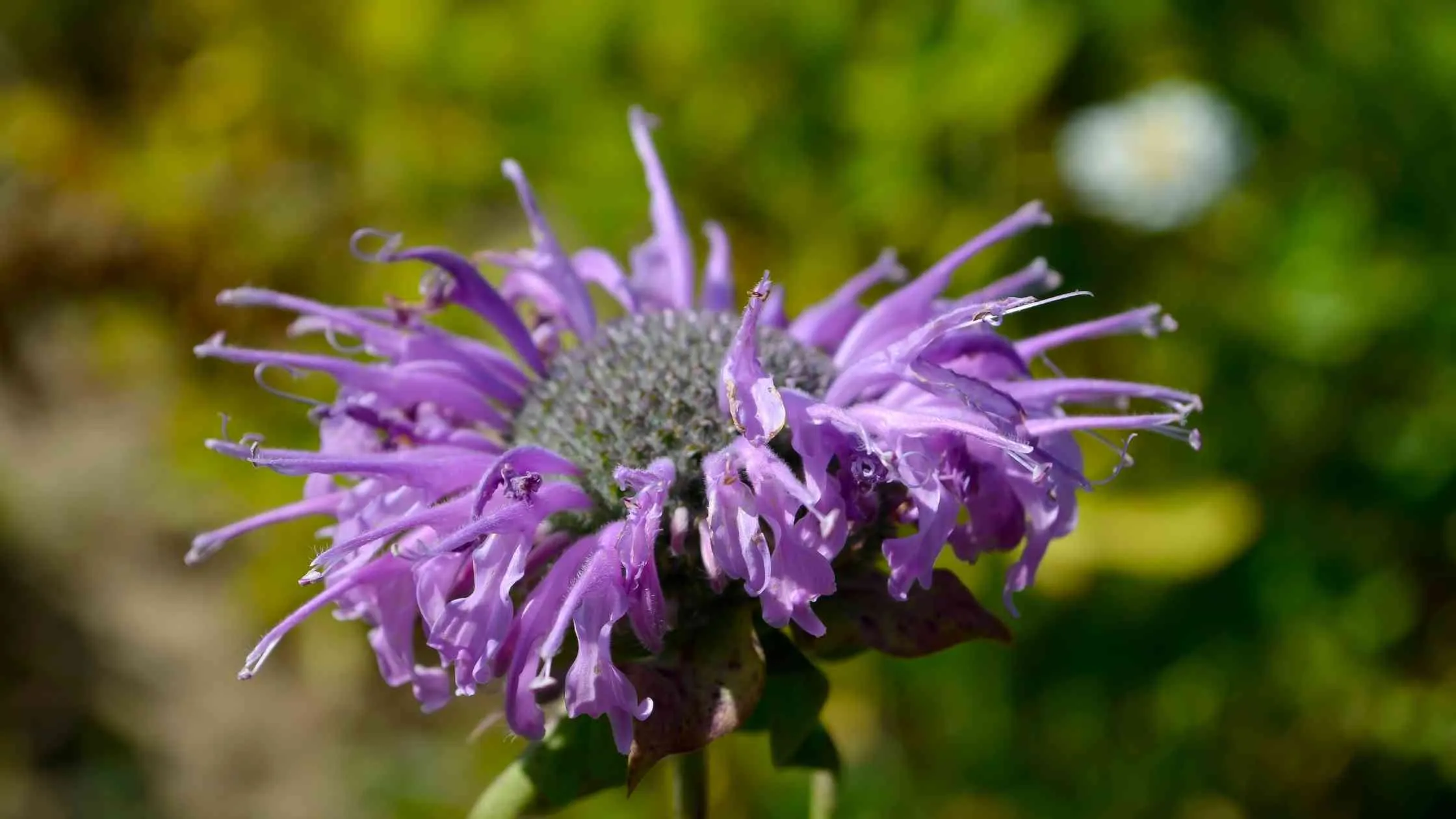
Care Tips
This plant thrives in full sun to partial shade and prefers well-drained soil. Regular watering is necessary, but be cautious of overwatering.
Ecosystem Support:
Wild Bergamot is a magnet for bees, butterflies, and hummingbirds. It provides a rich nectar source that supports pollinator populations and enhances soil health and overall garden biodiversity.
New England Aster (Symphyotrichum novae-angliae)
Benefits
New England Aster is a vibrant addition to your garden, adding a burst of color and life. It also offers edible young leaves and shoots for cooking, making it a practical and beautiful choice for your garden.
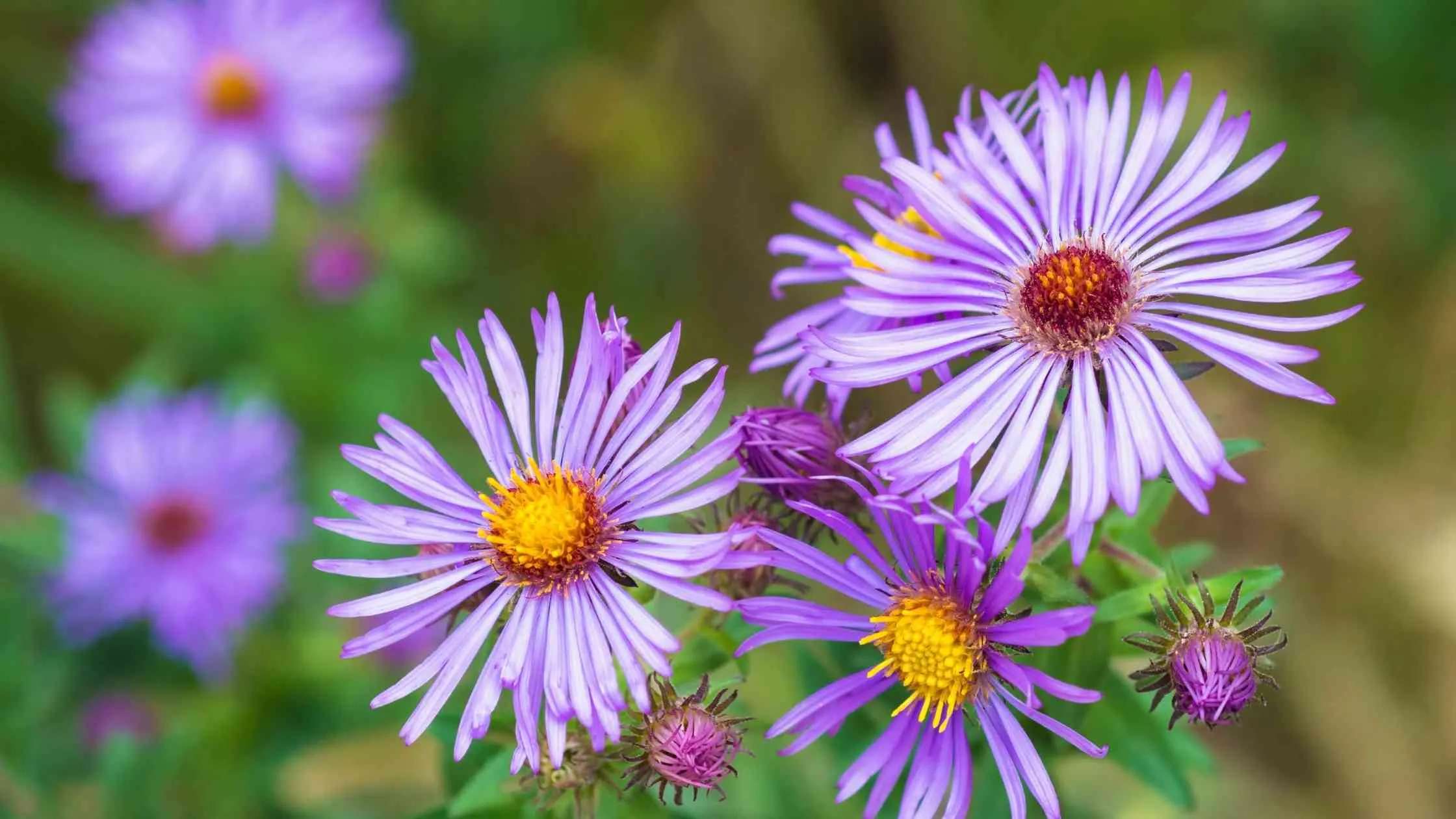
Care Tips
It flourishes in full sun to partial shade and requires moist, well-drained soil. After flowering, cutting back the plant encourages bushier growth. This process, known as 'deadheading ', involves removing spent flowers to redirect the plant's energy towards new growth and prolong the flowering period.
Ecological Support
This aster is highly attractive to a variety of pollinators, including bees and butterflies, offering essential late-season nectar. It also provides habitat and food for beneficial insects, supporting the ecological balance in your garden.
Black-Eyed Susan (Rudbeckia hirta)
Benefits:
Black-Eyed Susan is a cheerful flower that can be used in teas, adding a mild flavor.
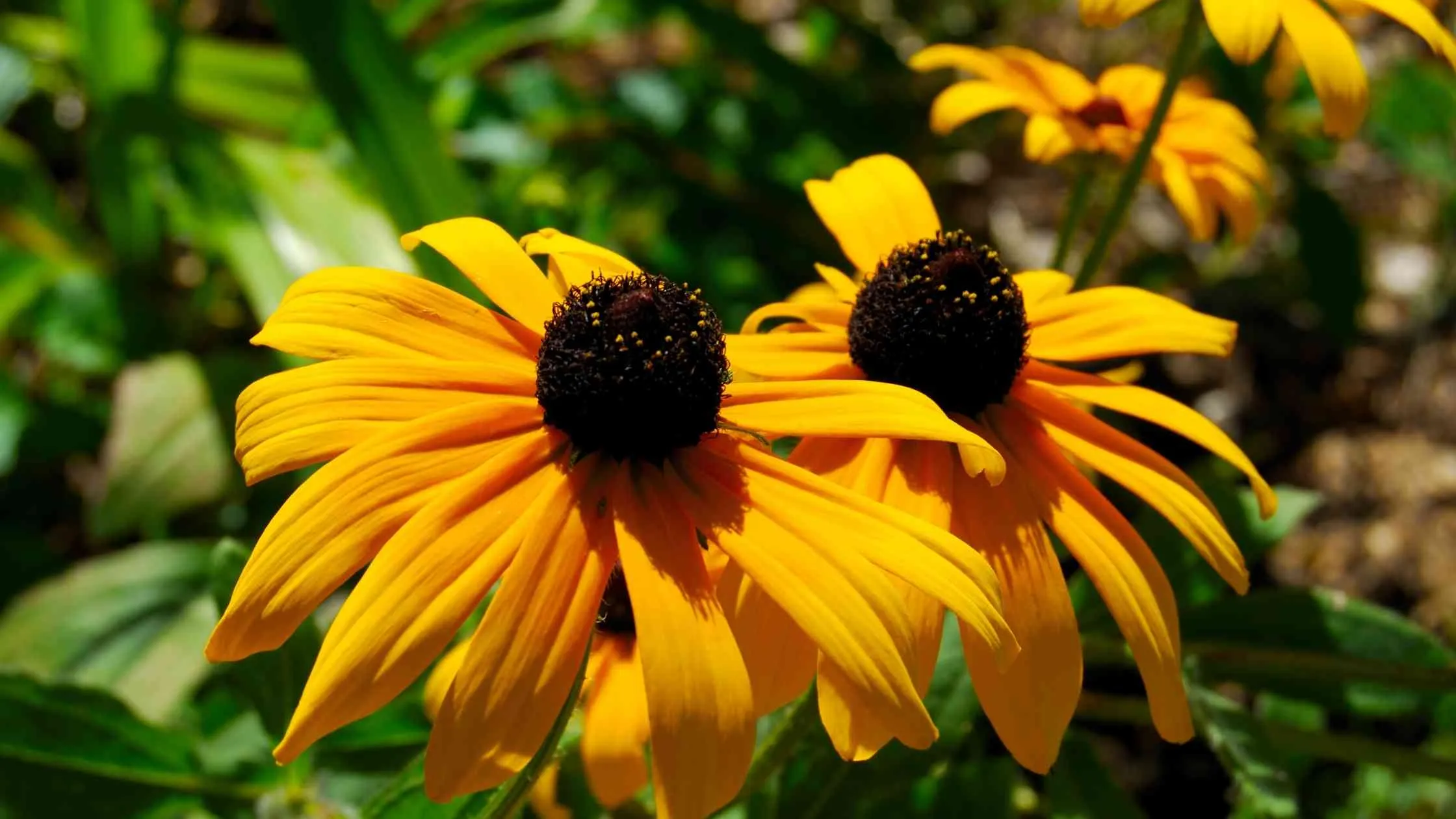
Care Tips:
This plant requires full sun and well-drained soil, and it becomes drought-tolerant once established.
Ecological Support:
Black-Eyed Susan attracts bees and butterflies, supplying them with nectar and pollen. Its seeds and foliage also offer food and cover for local wildlife, making it an excellent choice for supporting biodiversity in your garden.
Purple Coneflower (Echinacea purpurea)
Benefits
Purple Coneflower is well-known for its medicinal properties. Its roots and leaves are used in herbal remedies, particularly for boosting the immune system and relieving cold and flu symptoms. It's a valuable addition to any garden, offering both beauty and health benefits.
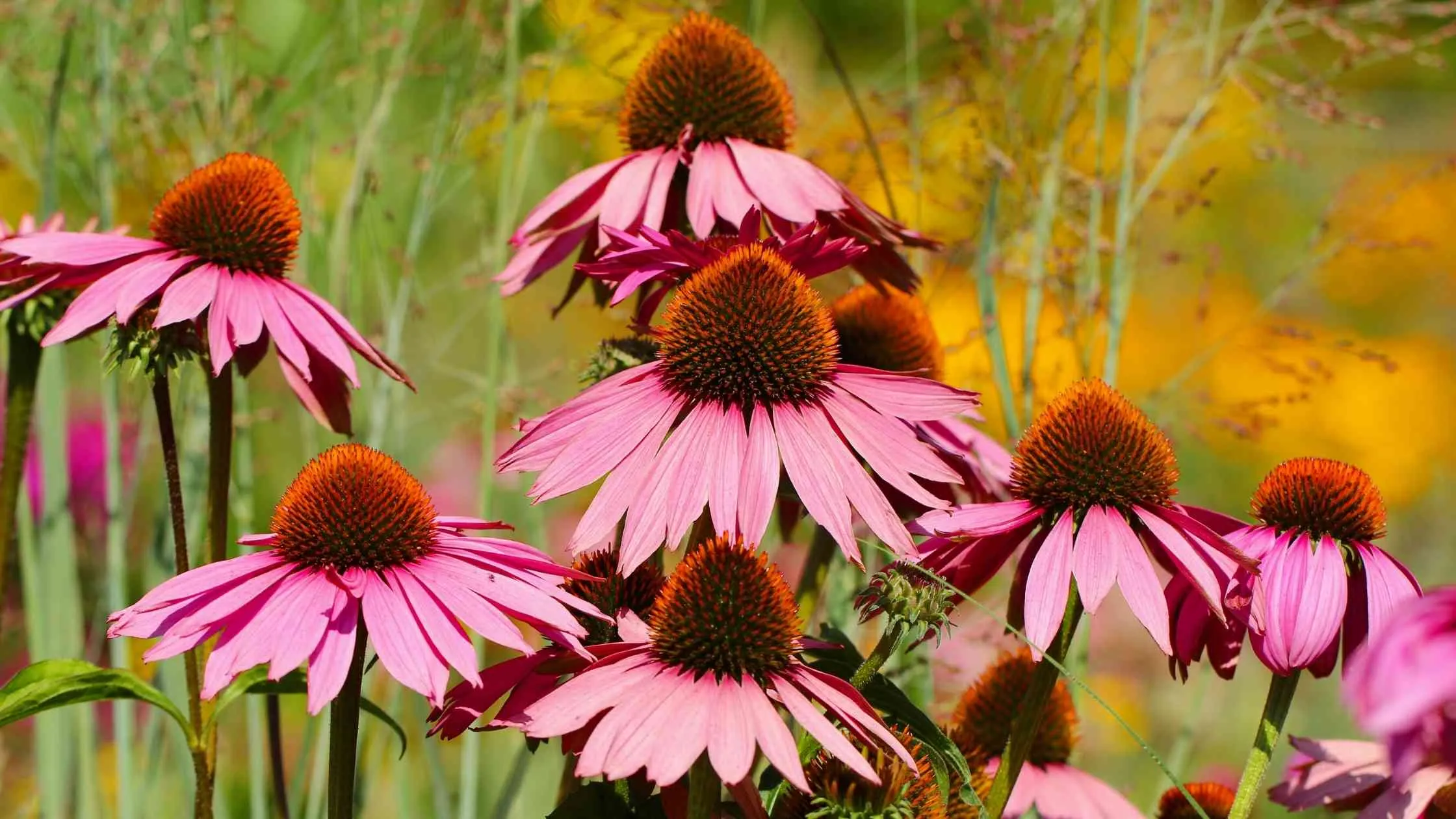
Care Tips
It thrives in full sun and adapts well to average soil, showing good drought tolerance. Deadheading spent blooms can prolong the flowering period.
Ecological Support
This coneflower attracts bees, butterflies, and birds. It serves as a vital nectar source and provides seeds for birds in winter. Its presence in your garden adds beauty and enhances the local ecosystem.
Anise Hyssop (Agastache foeniculum)
Benefits
Anise Hyssop is a flavorful plant with edible leaves and flowers, ideal for teas and salads.
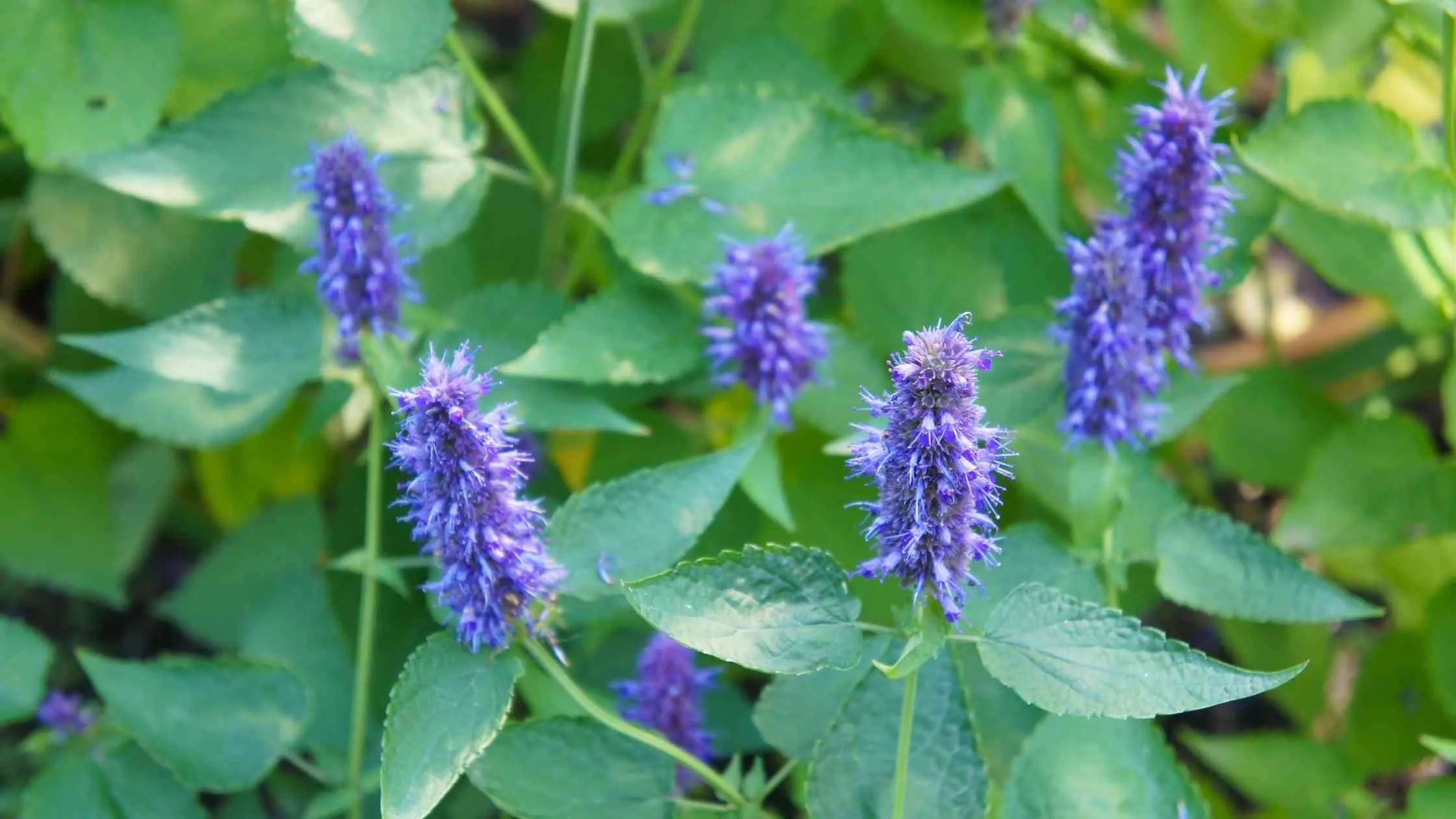
Care Tips
It requires full sun and well-drained soil, demonstrating excellent drought tolerance.
Ecological Support
This plant is very attractive to bees, butterflies, and hummingbirds, offering abundant nectar. By planting Anise Hyssop, you boost pollinator populations and contribute to your garden's biodiversity.
Wild Strawberry (Fragaria virginiana)
Benefits
Wild Strawberry produces small, sweet fruits that are a treat for gardeners and pollinators alike.
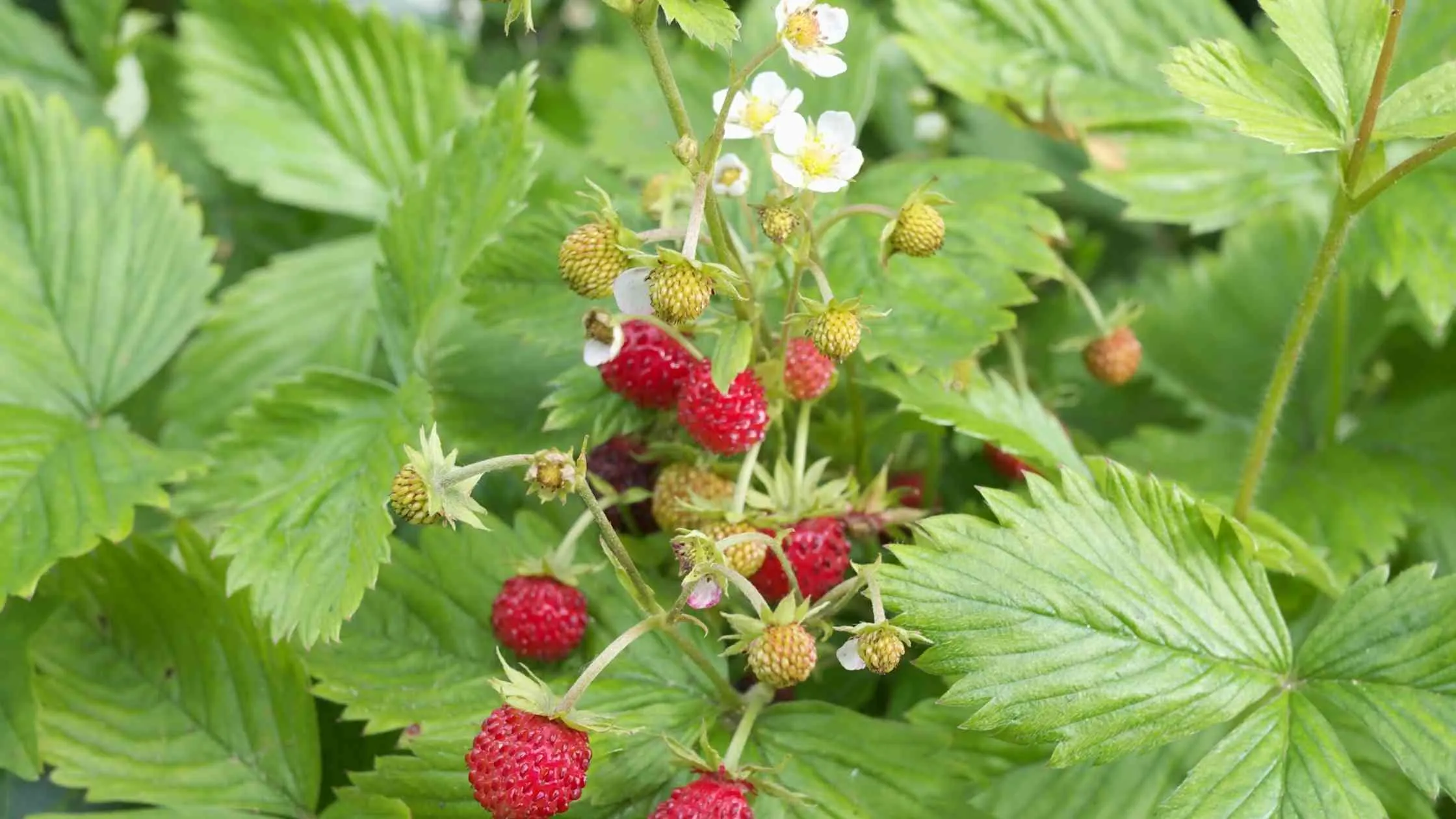
Care Tips
It grows well in full sun to partial shade and prefers well-drained, slightly acidic soil. Regular watering is crucial, especially during dry spells.
Ecological Support
Wild Strawberry plants provide food for pollinators and small wildlife and act as ground cover to prevent soil erosion. Their attractive flowers and delicious fruits make them valuable to any garden.
Wild Leeks (Ramps) (Allium tricoccum)
Benefits
Wild Leeks, or Ramps, are a springtime favorite. They offer edible greens and bulbs with a distinctive, rich flavor. The greens have a mild onion taste, while the bulbs are more pungent and garlicky, making them a versatile ingredient in various dishes.
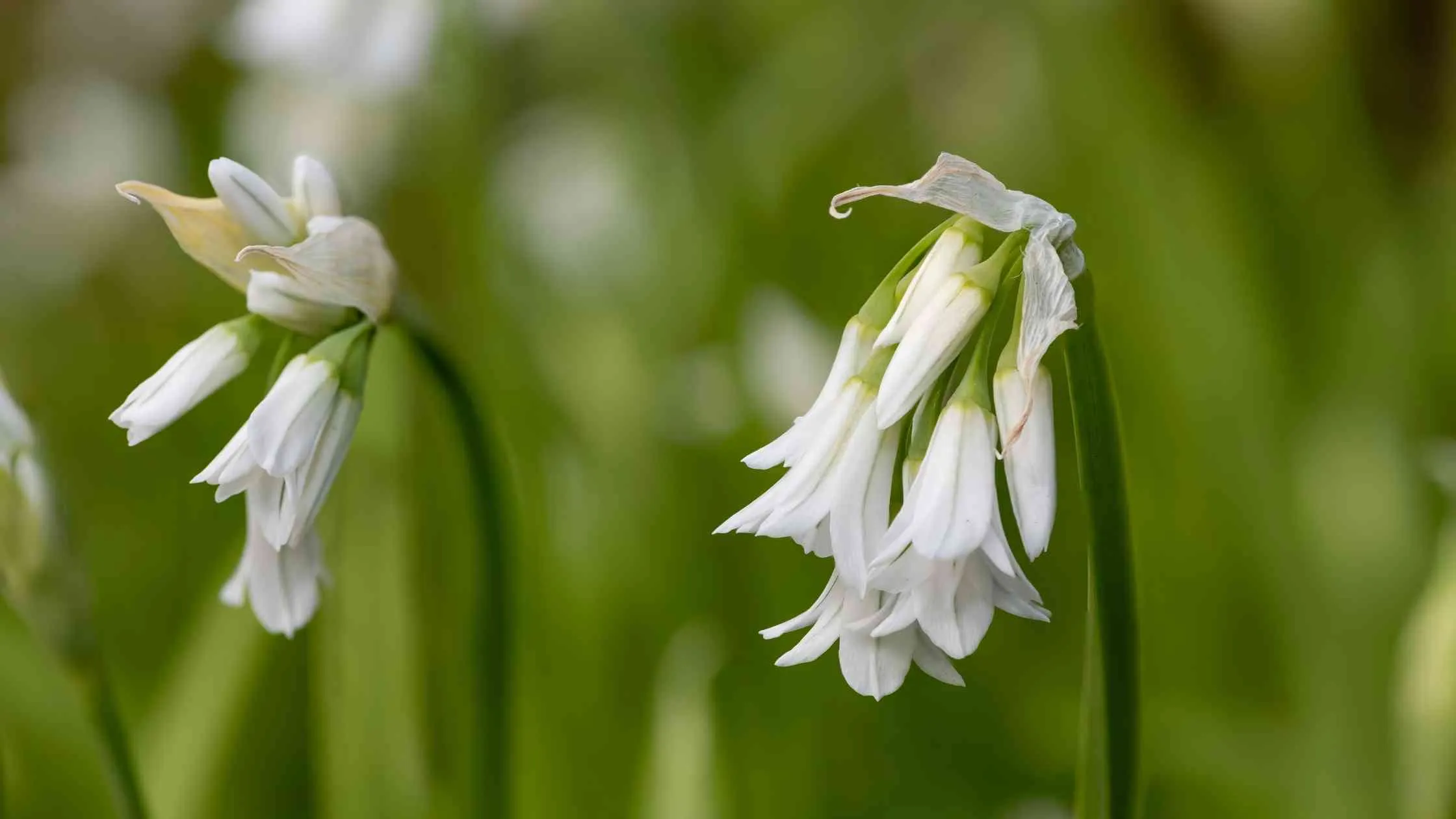
Care Tips
They prefer shady, moist, rich soil, making them ideal for woodland gardens. Sustainable harvesting is important to prevent overharvesting and to ensure they continue to thrive.
Ecological Support
As an early bloomer, Wild Leeks provide essential food for emerging pollinators and play a key role in the spring ecosystem.
Serviceberries (Amelanchier spp.)
Benefits
Serviceberries are a remarkable native plant, producing delicious berries that can be enjoyed fresh or used in preserves.
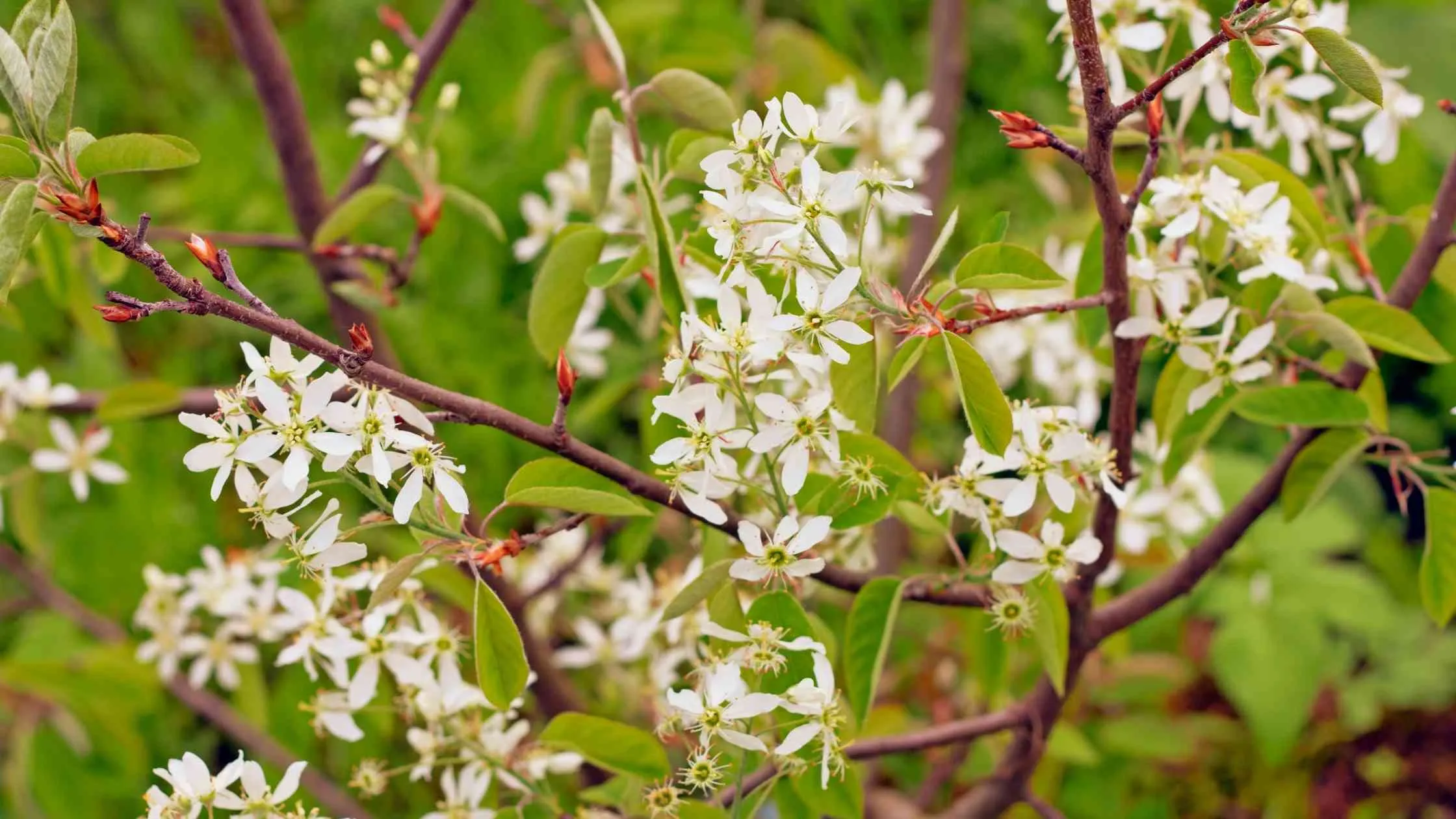
Care Tips
They thrive in full sun to partial shade and prefer well-drained soil.
Ecological Supports
The flowers of Serviceberries attract pollinators, while the berries serve as a food source for birds and mammals, supporting the local wildlife and maintaining ecological balance.
Ground Cherries (Physalis spp.)
Benefits
Ground Cherries are unique plants that produce tasty fruits encased in papery husks.
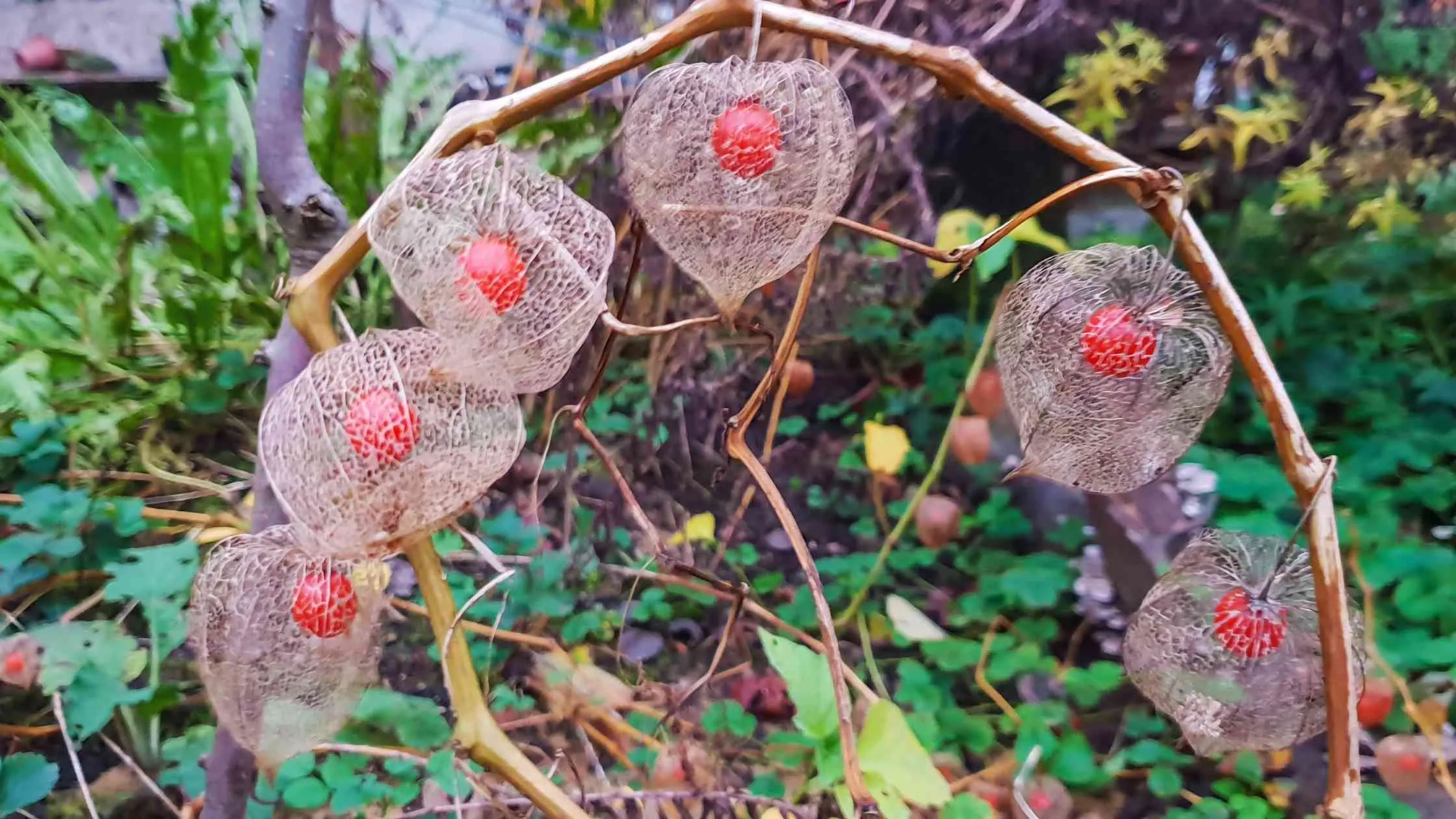
Care Tips
They prefer full sun and well-drained soil, making them an intriguing and productive addition to the garden.
Ecological Supports
Ground Cherry flowers attract pollinators, and the fruits provide food for small wildlife, contributing to the garden's biodiversity.
Bee Balm (Monarda didyma)
Benefits
Bee Balm is known for its striking blooms and ability to attract hummingbirds, bees, and butterflies.
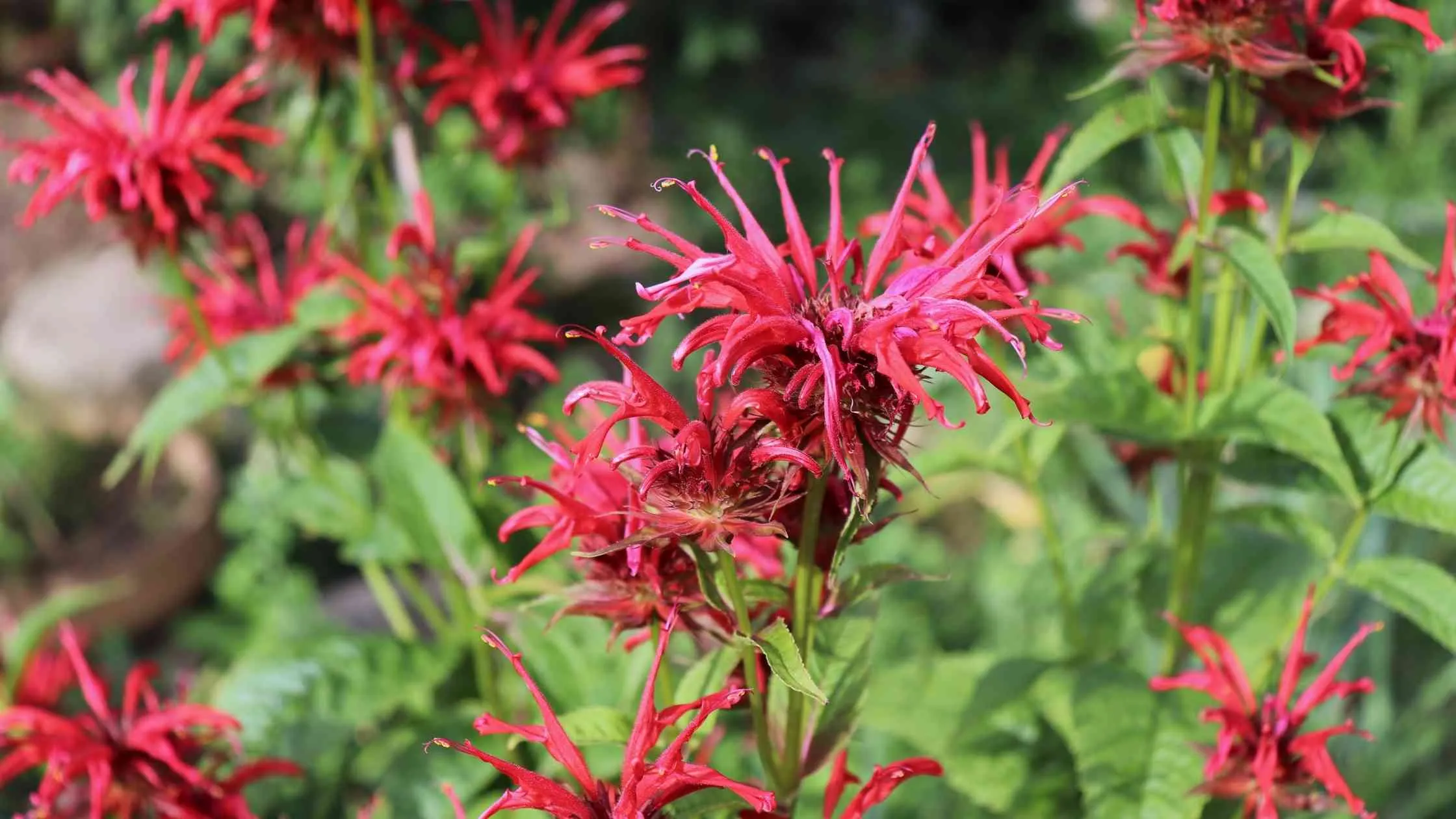
Care Tips
It grows best in full sun to partial shade and requires moist, well-drained soil.
Ecological Supports
By planting Bee Balm, you provide a crucial nectar source for various pollinators, enhancing the biodiversity and beauty of your garden.
Final Thoughts
Incorporating these native edible plants and pollinator-friendly flowers into your Brampton garden enhances its beauty and productivity and significantly supports local pollinators and wildlife. Enjoy creating a vibrant, sustainable garden space that thrives with life and color!

